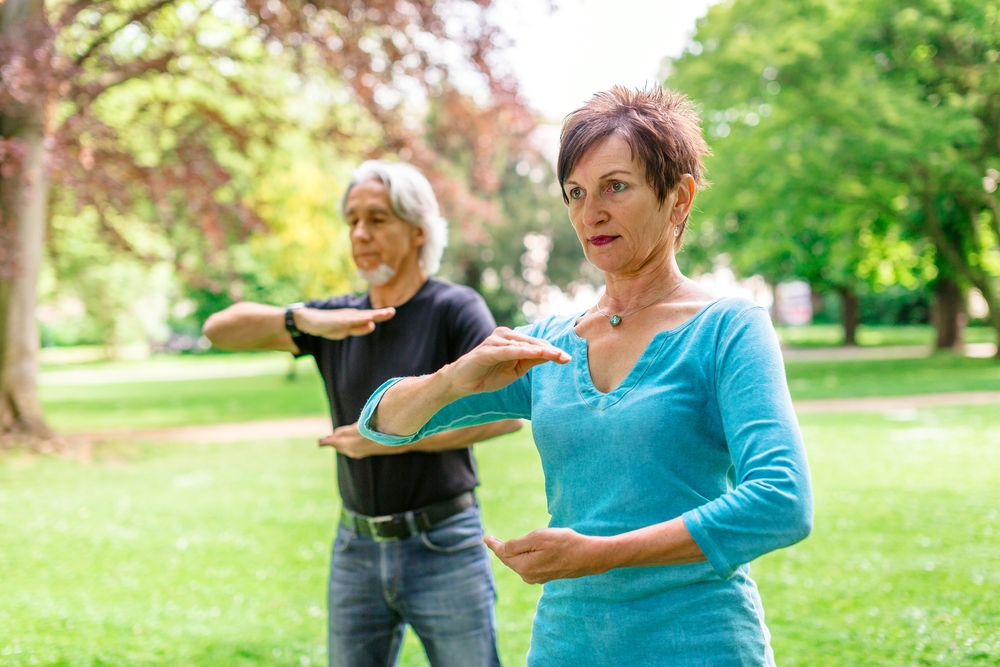Grants Will Establish Exercise Program for Parkinson’s Patients in Arkansas

Grants totaling nearly $29,000 will enable the University of Arkansas for Medical Sciences (UAMS) to establish a free exercise program for patients with Parkinson’s disease and Parkinson’s-like symptoms.
Some $13,924 from the Parkinson’s Foundation will go toward program staffing, training and other support. A $15,000 grant from the Philip R. Jonsson Foundation will pay for equipment. Classes start Aug. 20.
Designed to enhance patients’ overall quality of life, the program’s regimen will emphasize strength maintenance, balance improvement, and cognitive and social engagement.
“Treating Parkinson’s disease involves treating the whole person, and that means going beyond what we can accomplish during a clinical visit,” Rohit Dhall, MD, said in a press release. Dhall is director of neurodegenerative disorders in the UAMS department of neurology. “I am so happy that the central Arkansas Parkinson’s community will be able to benefit from this evidence-based, high-quality exercise program — all free of charge.”
Fitness instructors will receive Parkinson Wellness Recovery (PWR!) certification in PWR!Moves group and circuit class formats. The funding also will enable a physical therapist specializing in Parkinson’s disease to receive certification in research-based exercise approaches and task-specific training routines.
Join the Parkinson’s forums: an online community for people with Parkinson’s Disease and their caregivers.
PWR!Moves is a Parkinson’s-specific skill-training program aimed at maintaining or restoring skills that deteriorate and interfere with everyday movements. Specifically, the program targets antigravity extension, weight shifting, axial mobility and transitions. The regimen aims to counteract Parkinson’s symptoms such as rigidity, bradykinesia (slowness of movement), lack of coordination, and loss of motor automaticity.
In the group class, patients will learn how to offset Parkinson’s symptoms and move “bigger and faster” during daily life. The course is designed to be fun and supportive, but physically and cognitively challenging.
The circuit will incorporate PWR!Moves into athletics, fitness and conventional gym activities such as coordination, strength, balance, agility, and flexibility training. Using different exercise stations — each with a specific focus — patients will work alone or with partners.
While each participant will receive personalized input regarding needs and goals, the program is crafted to benefit patients regardless of fitness and symptom levels. For instance, a new Solo-Step overhead track and harness system — in which a torso harness attaches to a room-length ceiling track — allows patients with concerns about balance or strength to exercise safely. Other grant-funded equipment will help participants with functions such as walking on uneven surfaces.
“Our approach combines the best of an individualized exercise experience with the social nature of group exercise,” said Chris Oholendt, program manager for UAMS outpatient physical therapy/occupational therapy. “We are thrilled to provide people with Parkinson’s and their care partners this unique program that will change the way they live with PD for the better.”






